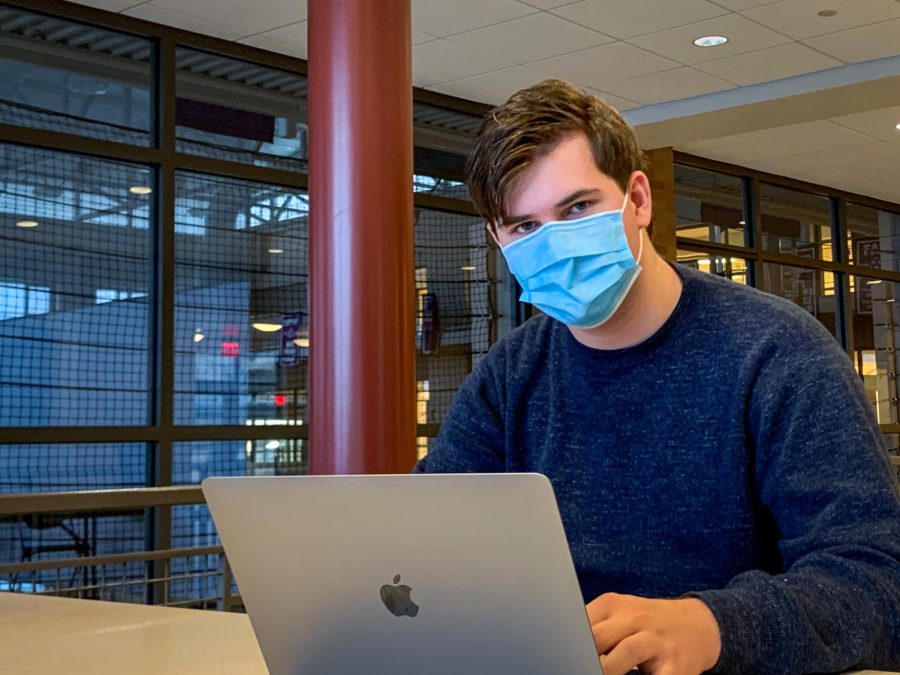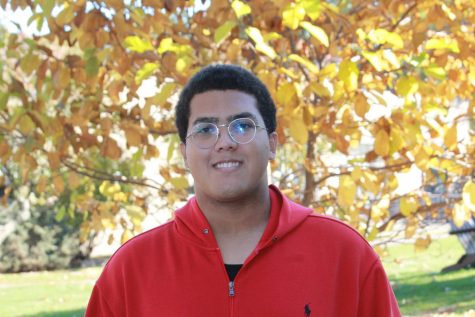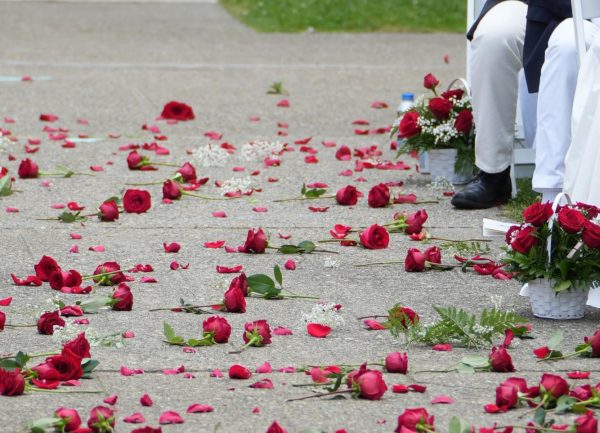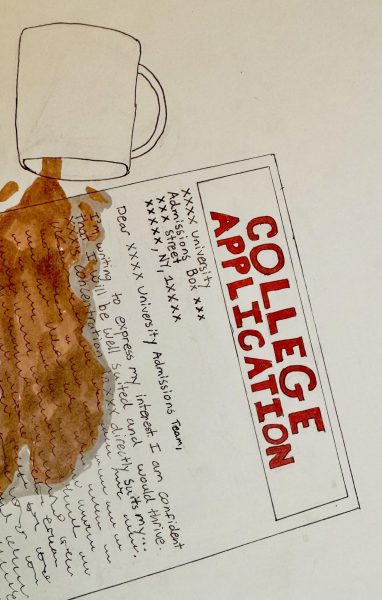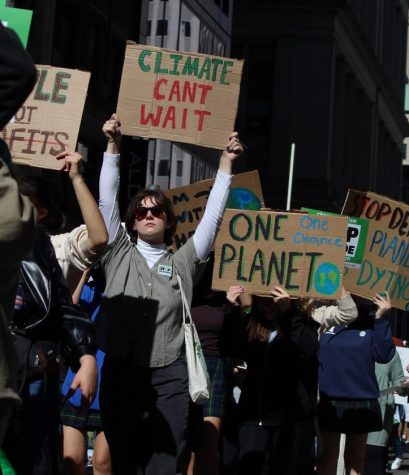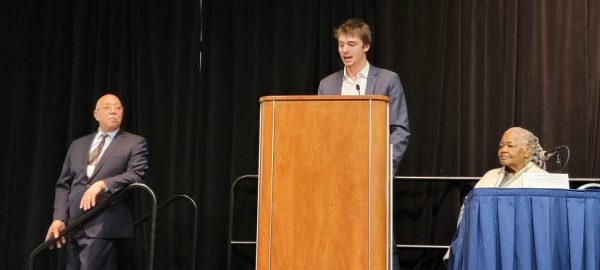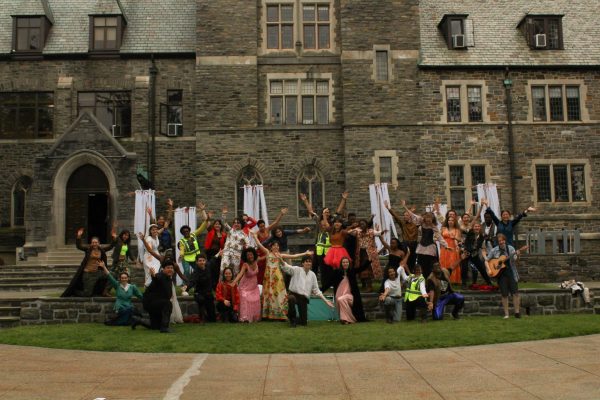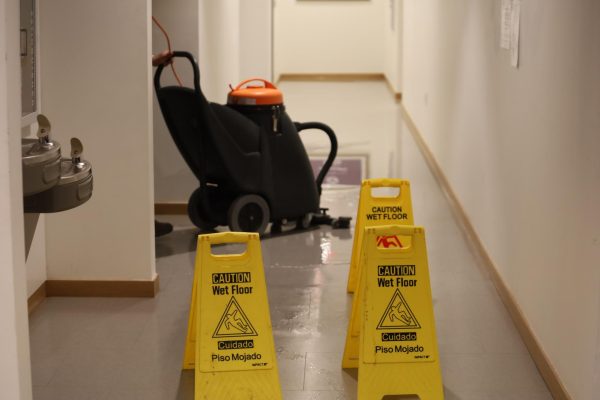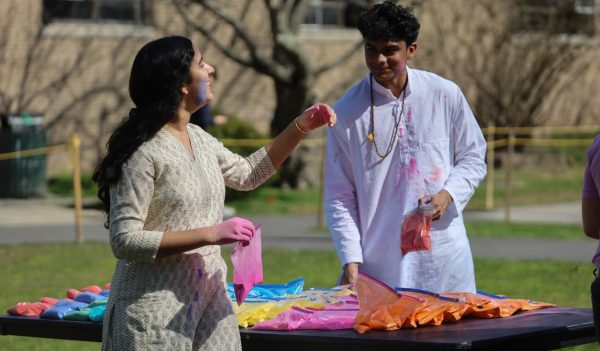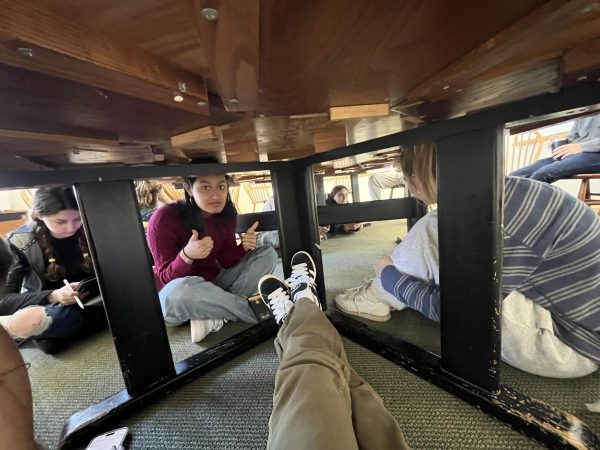New York proposals look to regulate non-public curriculum
Matthew Williams, a junior, was one of many students to attend the New York State Education Department’s meeting on the topic of substantial equivalency.
January 6, 2021
On the week of December 6th, the New York State Education Department (NYSED) hosted the last of its stakeholder engagement meetings on the topic of substantial equivalency in state educational systems.
Substantial equivalency refers to the quality of education at nonpublic schools as compared to public school districts. According to New York State expectations, a nonpublic school should be able to provide an education that is equal to or greater in quality than that possible in a public school. In May of last year, NYSED proposed a series of regulations that would allow them to further enforce that policy.
The proposal would allow NYSED the ability to conduct a review of nonpublic schools during the 2022-23 school year, during which they will ensure that all enrolled students are receiving a proper education. Afterwards, authorities of the school will update NYSED yearly on the quality of education being provided to them.
During the stakeholder engagement meeting for students, parents and alumni of nonpublic schools, the discussion mainly centered around education at yeshivas, which are Orthodox Jewish educational institutes, and the proposal’s potential effect on them. They are likely to be hit the hardest if the proposal goes through, as students enrolled at them are given little secular education, which is punishable by NYSED.
Some believe that the lack of secular education leaves these teenagers unable to function in the real world and so further state involvement in those schools is necessary; others claim that this is a violation of NYSED’s own goal of maintaining learning environments that affirm student’s identities.
In response to the proposal, the New York State Association of Independent Schools, NYSAIS, as well as a collection of other unaffiliated schools have sued NYSED in an attempt to reverse the proposal. Their main claim is that NYSED’s delegation of jurisdiction to local school authorities (LSAs) is unconstitutional, as it is not in their power to do so- that right can only be granted by the United States legislature, which NYSED is decidedly not.
Matthew Williams, a junior at the Masters School, was one of many students to attend the nonpublic school stakeholder meeting on December 8th. He saw the experience as an interesting and highly necessary one.
“I found it nice to have a conversation with others who care a lot about this issue,” he said. “It saddens me to know that there are so many kids out there being robbed of their right to be educated, and this proposal is a step in the right direction.”
He believes that NYSAIS’s refusal of the proposal is counterproductive and unnecessary. He said, “It doesn’t affect many of the schools beyond some more paperwork every year. This proposal is really meant to crack down on the minority of schools that aren’t doing enough for their students.”



